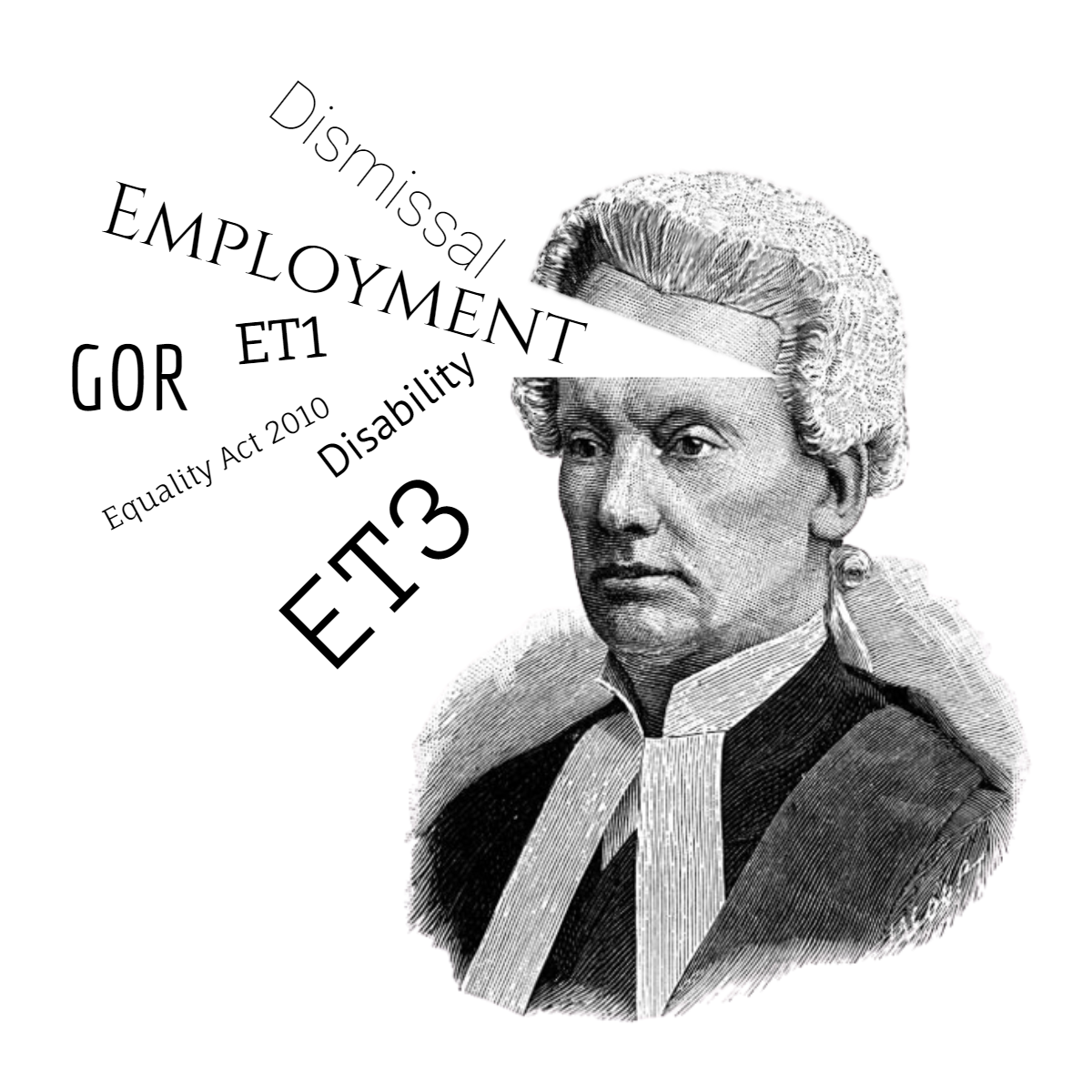Terms of Contract
The Terms of the Contract of Employment
A contract of employment usually consists of express and implied terms. The clear and mutually agreed-upon conditions that are expressly specified in the contract, which may contain information such as the job title, working hours, compensation, and any particular obligations or perks, are referred to as express terms. Both the employer and the employee normally negotiate and agree on these conditions.
Implied terms, on the other hand, are not officially stated but are recognised as part of the job relationship. These provisions are often founded on industrial traditions, and they are considered legally enforceable responsibilities for both parties. Examples of implied conditions include the employer's obligation to provide a safe working environment and the employee's duty to preserve confidentiality. It is critical to understand and handle both written and implied conditions in order to ensure a fair and legally compliant work relationship.
Express terms
Express terms are terms which the employer and employee have explicitly agreed. Common express terms you will see in an employment contract include:
Duties
Pay
Benefits
Place of work
Hours
Commencement/duration
Termination
Notice
Payment in lieu of notice
Confidentiality
Restrictive Covenants
Garden Leave
Express terms may be written or oral. When written they may be contained in more than one document. Employment documents which are non-contractual should make this explicitly clear to avoid the inference that they are contractual.
Payment in lieu of notice (‘PILON’)
It is useful to include a PILON clause into a senior employee’s contract of employment, so that, if the employer decides to ask the employee not to work their notice, it can lawfully terminate the contract by paying the salary (and benefits if expressly stated) for the notice period instead. This will preserve any restrictive covenants in the contract.
Confidentiality
During Employment
A confidentiality clause will prohibit the employee from disclosing/misusing all confidential information belonging to employer, during employment. The information must be genuinely confidential. Usually, confidential information will be defined with an express term.
Post Employment
A confidentiality clause will not prohibit the employee from disclosing or misusing all confidential information after the employment has ended. However, following the test in Faccenda Chicken Ltd v Fowler [1984] ICR 589, the employee will be prohibited from disclosing trade secrets/highly confidential information.
Post-Termination Restrictive Covenants
These are express terms that restrict the employee’s activity after the employment contract has ended. Their purpose is to protect the employer’s business from harmful activity after the employee leaves. They are prima facie Void. unless they go no further than is necessary and are reasonable to protect a legitimate business interest (‘LBI’).
Approaches to Assessing Enforceability
Is the restrictive covenant protecting a LBI?
Are its terms reasonable in protecting that LBI?
Garden Leave
This is also referred to as gardening leave and this a clause often inserted into a senior employee’s employment contract, whereby the employer can ask the employee not to come into the employer’s premises and to stop carrying out any work during the notice period. The aim is to remove the employee from the employer’s LBIs during the notice period.
Implied terms
Implied terms are terms which have not been expressly agreed but the parties are taken to have agreed to them by virtue of the circumstances and the nature of the contact or imposition by statute.
Common Law implied terms
The following terms are automatically implied into every contract of employment:
Employers Duties
To pay
To provide work
Health and safety
Mutual trust and confidence
To take reasonable care in providing references
Employees Duties
To provide personal service
To obey lawful and reasonable orders
Fidelity/good faith
Confidentiality
To exercise reasonable care and skill
Terms may also be implied by the courts to give effect to the intentions of the parties by the following means:
By conduct
Custom and practice
Officious bystander
Business efficacy
Statutory implied terms
Some minimum terms are imposed or varied by statute:
Statutory Minimum Notice
Section 86(1) Employment Rights Act 1996 (ERA) – an employer must give an employee (who has worked continuously for more than one month) one week’s notice for each completed year of continuous service up to a maximum of 12 weeks’ notice.
Section 86(2) ERA – an employee who has been continuously employed for one month or more is obliged to give at least one week’s notice of termination.
The above are minimum periods of notice. If the contract provides greater notice, it is the longer period that prevails.
Working Time Regulations
The Working Time Regulations 1998 (the ‘WTR’) apply to all workers (with some exceptions) and impose certain restrictions and rights in relation to their ‘working time’. The provisions of the WTR are implied into every contract of employment:
Restrictions:
Maximum 48 hours working time limit (Reg. 4) averaged over 17 weeks (but note Reg. 5 enables a worker to ‘opt-out’ of Reg. 4)
Night work (Reg. 6) – complex rules define ‘night worker’. 8 hours maximum and health assessments required.
Right to adequate rest breaks:
Daily rest (Reg. 10) – 11 consecutive hours every 24 hours
Weekly rest (Reg. 11) – 24 hours every 7 days
Rest break (Reg. 12) – 20 mins of rest where daily working time exceeds 6 hours
Right to annual leave:
Annual Leave (Regs. 13 and 13A) – 5.6 weeks’ holiday per year (which equates to 28 days for a full-time worker). This includes bank holidays. The ‘holiday year’ is usually defined in the contract.
Untaken holiday is lost after the relevant holiday year in which it is accrued (although the contract may allow worker to carry over contractual holiday, i.e. anything over the statutory minimum). The timing of the annual leave is at the employer’s discretion.
Worker cannot accept pay in lieu of holiday except on termination, when this must be paid (Reg.13(9)).
Workers who perform unmeasured working time (e.g. managing executives and others with autonomous decision-making powers) are excluded from the above provisions.
The restrictions (above) are enforced by the Health and Safety Executive and local authorities (Reg. 29). The rest periods are individually enforceable by workers in a tribunal (Reg. 30). The remedies for failure to allow the exercise of a relevant right are a declaration (of the entitlement) and compensation.
Varying the contract of employment
An employer may need to change the terms of a contract. This may be necessary for instance when the employer wants to move the employee to a different location or needs to alter the employee’s duties. The contract of employment is a binding agreement therefore the employee must agree to the change.
In most cases the employee will agree to the change, particularly when it is not detrimental; obvious examples of this are pay rises and promotions. Detrimental changes can be more problematic, however; the employee may refuse to agree to the change. If the employer imposes the change without agreement it is likely to be in breach of contract. Instead of imposing the change, employers may choose to dismiss the unwilling employee and offer to re-engage them on the new terms, thereby avoiding a breach of contract (but risking claim(s) of wrongful dismissal and/or unfair dismissal).
Contractual right to vary
The contract of employment may give the employer the right to make changes without seeking further consent. The terms of the contract may be drafted wide enough to cover the proposed changes or explicitly phrased to give the employer a wide discretion to make any changes (e.g. flexibility and mobility clauses).
Employment Coach
Employment coaching service has been developed to provide individuals the ability to overcome their own workplace conflict or employment concerns, when they do not have want to pay a retainer to hire a solicitor. I provide an affordable alternative to expensive solicitor’s fees, and I am able to walk you through the steps of any procedure as well as provide the paperwork that you will want for your workplace dispute. The fees of solicitors are high and these legal costs you incur are not recoverable because costs are rarely awarded in employment tribunal. Getting access to good advice does not have to be expensive it should be straightforward and honest and will resolve your problem, normally with compensatory settlement.
Employment Adviser
I have 20 years of experience teaching law. Additionally, I have a lot of expertise in employment law and have helped individuals as well as companies. There have been a lot of profitable results, but more than that, I have had hundreds of cases that settled because the employer was unable to win. Why not have someone teach you employment law if you are experiencing issues at work? When you are facing problems at work, I can provide you helpful suggestions and guide you to a positive result. Employment matters where I advise, seldom go to final hearing at the employment tribunal, because the case has been argued correctly from the outset. Here are some examples where I can help you:
Help offered
I am facing discrimination at work
I am facing maternity discrimination
I am facing race discrimination
I am facing disability discrimination
I want to bring a tribunal claim
How do I prepare for a Preliminary Hearing?
How to prepare a list of issues
How to prepare a schedule of loss
What is asserting a statutory right?
Claim constructive dismissal
Is my Redundancy fair


